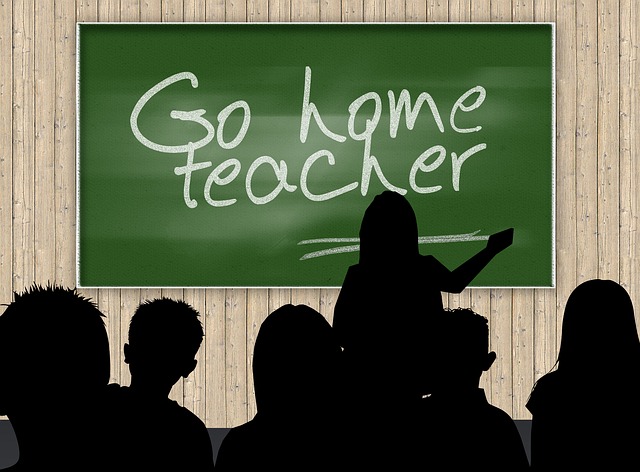Teachers teach, students learn. It's as simple as that.
To what extent should teachers be held accountable for students’ performance at school?
It has been the pastime of a number of social commentators in newspaper columns over the years to vilify teachers whom they blame for the poor performance of students in the education system.
And, there are those “experts” in the education Ministry who have drawn heavily on data supplied by researchers elsewhere to categorically state that if the “right” methodology is adopted, if the “right” people are allowed into teacher training institutes, all children will learn.
Teachers, on the other hand, have not been silent. A number of them have voiced the opinion that the expectations that the education Ministry and society at large have of them, where performance of students is concerned, are unrealistic. For example they say, teachers who teach the lower streams – on a numerical scale, say streams four or five on a five point scale, or streams seven and eight on an eight point scale – are being given “baskets to carry water”.
They say that it is grossly unreasonable for anyone to expect that teachers will be able to “move” such students to the required level since many of their students seem to be handicapped by mental and social problems which are impacting their learning.
The social commentators whom I have mentioned above have rubbished this view expressed by teachers. At least one has suggested that once teachers have been trained to teach they are “experts” in the art of teaching and, as such, should be able to surmount any obstacle in the classroom.
Ignoring the fallacy of that argument, one needs to realize that there are, indeed, students with “special needs” who are in the traditional school system who need special attention. Should the “generalist” teacher, a teacher who has been trained to teach students of “normal” ability, be also able to teach students with special needs?
If this is the expectation, then the curricula at teachers' training institutes need to be radically revamped to ensure that all teachers are equipped with the knowledge and techniques to deal with all types of students in the same classroom.
Currently, there is a programme in the teacher training institutes for individuals who want to be trained as “special educators”. This is suggesting that there are some students who need special attention in order for them to acquire something from the education system.
If this is so, it seems unreasonable to expect that every student, whether in the primary or secondary system, will pass examinations at each level, examinations which are based on curricula which assume that every child has the same ability to learn the same thing, at the same pace and in the same way.
This is the assumption because every student whether he or she is in stream one or stream eight, or with or without special challenges is exposed to the same curricula. And teachers are judged based on the percent of students who actually pass these examinations.
Since a significant number of students seem to be underperforming in the education system, their underperformance has been equated with the underperformance of teachers. There may be something to this correlation but, obviously, it does not express the whole truth.
So, to what extent should teachers be held accountable for the performance of students? Teachers should be held fully accountable, but only if they have been equipped with the intellectual, strategic and material tools to positively impact students’ learning. Otherwise, they have to share the blame with the top managers of the educational enterprise.
Are teachers solely responsible for the educational performance of students? Share your views below.
So, to what extent should teachers be held accountable for the performance of students? Teachers should be held fully accountable, but only if they have been equipped with the intellectual, strategic and material tools to positively impact students’ learning. Otherwise, they have to share the blame with the top managers of the educational enterprise.
Are teachers solely responsible for the educational performance of students? Share your views below.




Comments
Post a Comment